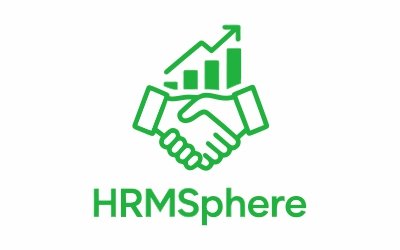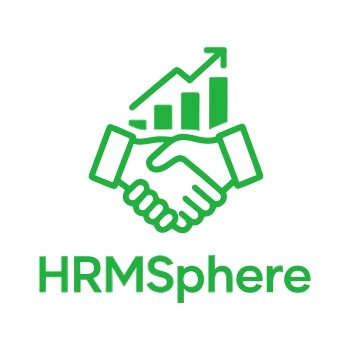As businesses expand, so do their responsibilities—especially when it comes to managing employees. One of the most critical yet often overlooked aspects of employee management is payroll processing. It’s more than just issuing paychecks—it involves ensuring compliance with tax laws, maintaining accurate records, and keeping employees satisfied and motivated.
What Is Payroll Processing?
Payroll processing is the administrative task of managing employee compensation. It includes calculating wages, deducting taxes and benefits, distributing pay, and filing necessary reports with the government.
The Hidden Complexity of Payroll
At first glance, payroll may seem straightforward. However, the real process involves:
- Time tracking and attendance
- Overtime and holiday pay calculation
- Tax withholding (federal, state, and local)
- Benefit deductions (health insurance, retirement, etc.)
- Bonuses, commissions, and reimbursements
- Issuing pay slips and maintaining records
Even a small mistake can lead to fines, penalties, or unhappy employees.
Why Outsource Payroll Processing?
Outsourcing payroll can be a game-changer for small to mid-sized businesses. Here’s why:
1. Save Time
Manually managing payroll is time-consuming. Outsourcing gives business owners and HR teams more time to focus on core activities.
2. Ensure Compliance
Tax laws change frequently. A payroll service provider keeps up with regulations to ensure your business stays compliant.
3. Increase Accuracy
Automated systems reduce errors that can result in financial losses or employee dissatisfaction.
4. Secure Employee Data
Payroll firms use advanced encryption and secure platforms, protecting sensitive data from breaches.
5. Scalable Solutions
As your workforce grows, your payroll needs become more complex. Outsourcing partners can scale services with your business.
Common Features of Payroll Services
- Direct deposit
- Online access for employees
- Automatic tax filing
- End-of-year W-2 and 1099 processing
- Benefits administration
Choosing the Right Payroll Provider
When selecting a payroll provider, consider:
- Their experience and reputation
- Integration with your accounting or HR systems
- Transparent pricing
- Customer support availability
Payroll processing is too important to be done haphazardly. Whether you handle it in-house or outsource to professionals, your approach to payroll should prioritize accuracy, compliance, and employee satisfaction. A reliable payroll system is not just a back-office function—it’s a strategic asset for business growth.






